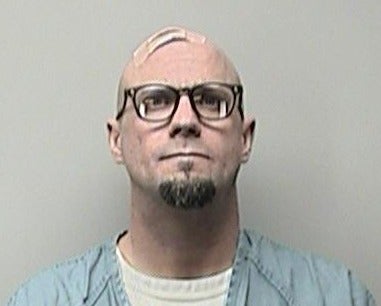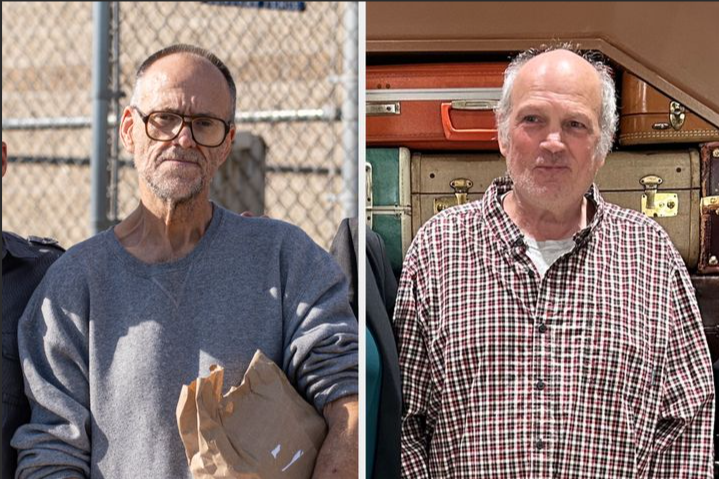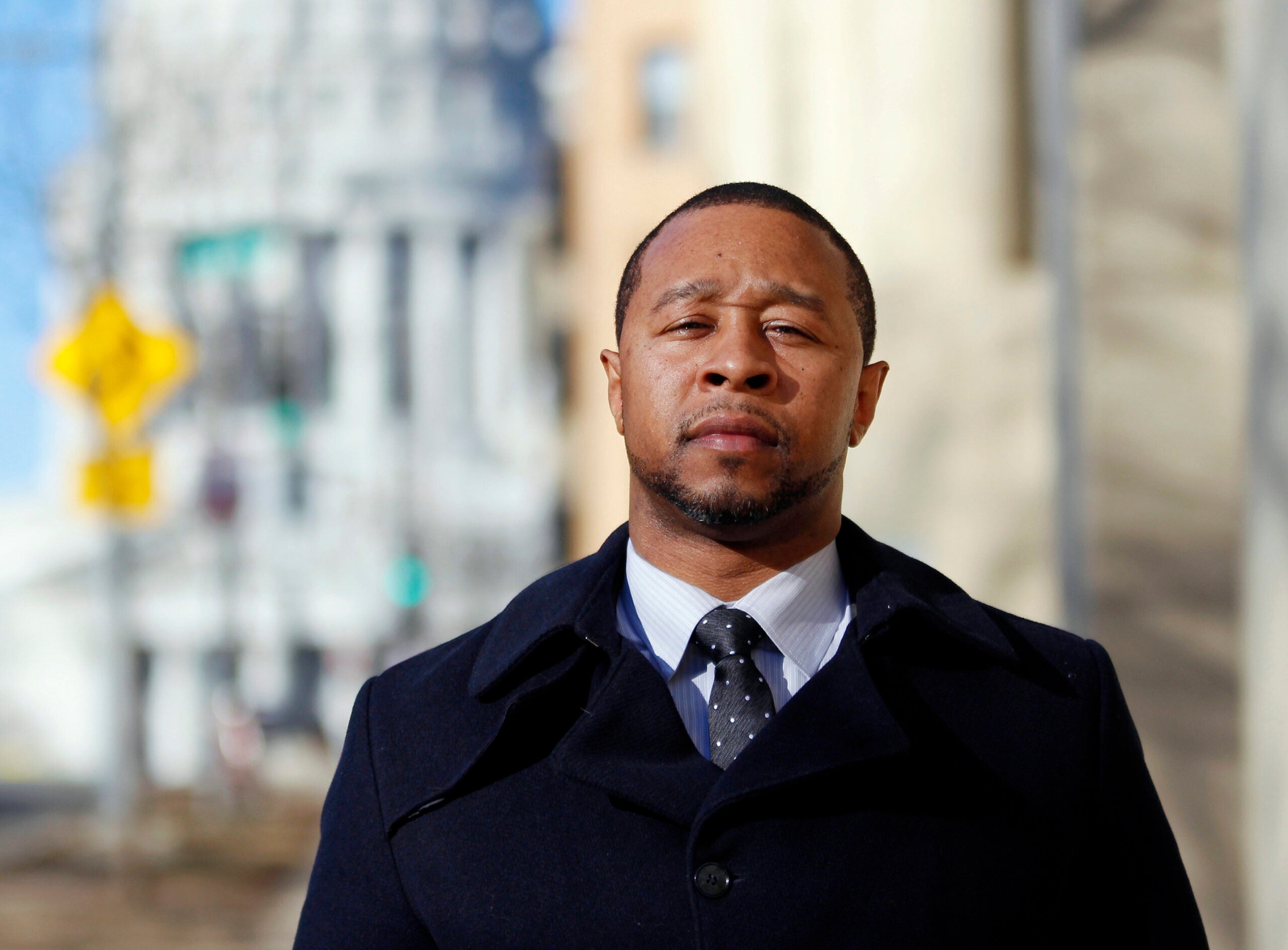A 49-year-old man who spent six years in prison for a rape he didn’t commit was found dead in a parked car in Madison on Friday.
Forest Shomberg had spent the last four years trying to win compensation from the state for his wrongful conviction.
In 2009, the Wisconsin Innocence Project presented a judge with DNA evidence clearing Shomberg of his 2002 rape conviction, leading to his release. Last December, the Wisconsin Claims Board turned down his petition for $100,000 in compensation for the years he spent in prison. The board said he did not prove by clear and convincing evidence that he was innocent.
News with a little more humanity
WPR’s “Wisconsin Today” newsletter keeps you connected to the state you love without feeling overwhelmed. No paywall. No agenda. No corporate filter.
Keith Findley of the Innocence Project says he is working with legislators now to change the standard used to grant wrongful conviction claims.
“The law would still put the burden of proof on the exonerated person to establish innocence,” says Findley, “It would impose a burden of the preponderance of the evidence, rather than clear and convincing – which is a more manageable burden.”
A preponderance of the evidence would require an exoneree to prove that it is more likely than not that he or she is innocent.
Findley says Shomberg was scheduled to go back to court next month to challenge the Claims Board ruling against him. He had been suffering from drug and alcohol addiction since his release.
Findley says the new law would provide treatment for the wrongfully convicted, many of whom struggle with addiction after their release, “to make sure that instead of just opening the prison gates after we’ve wrongly imprisoned someone … the system provides some measure of support to help people pull their lives back together.”
Findley hopes the bill will get a hearing in the next legislative session.
Wisconsin Public Radio, © Copyright 2026, Board of Regents of the University of Wisconsin System and Wisconsin Educational Communications Board.



